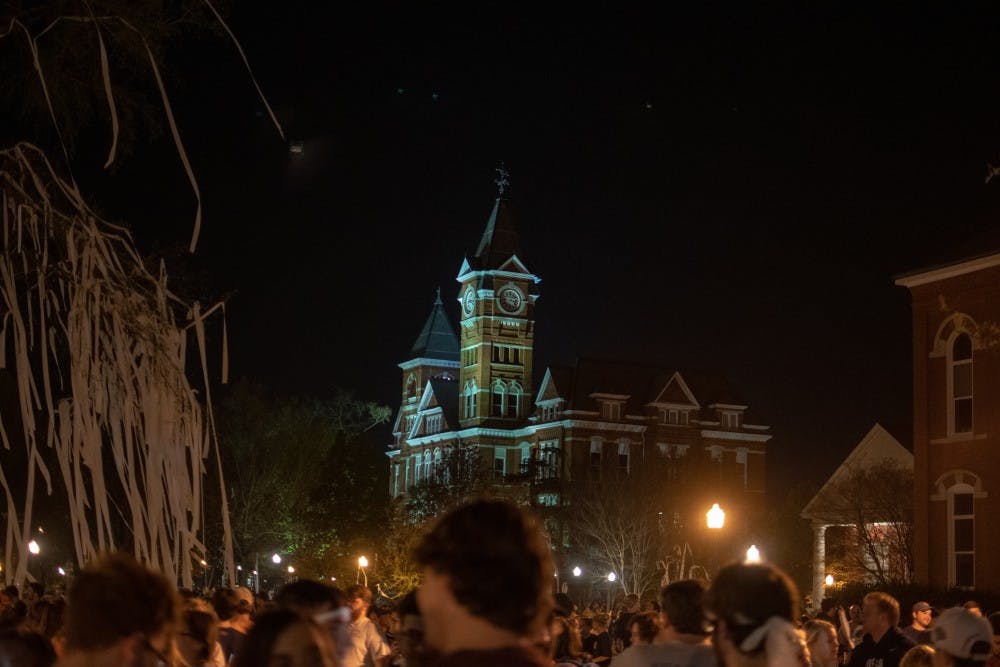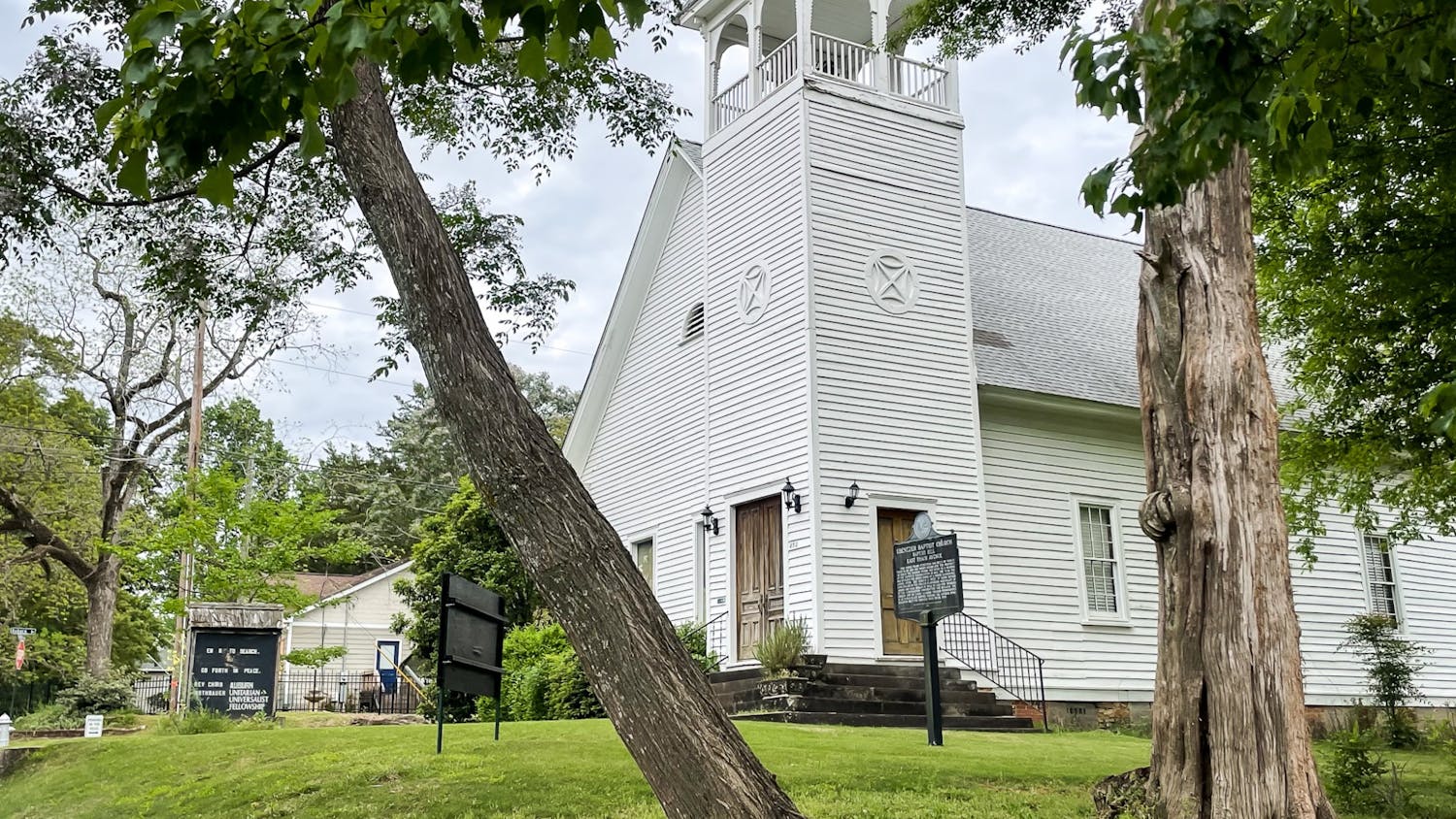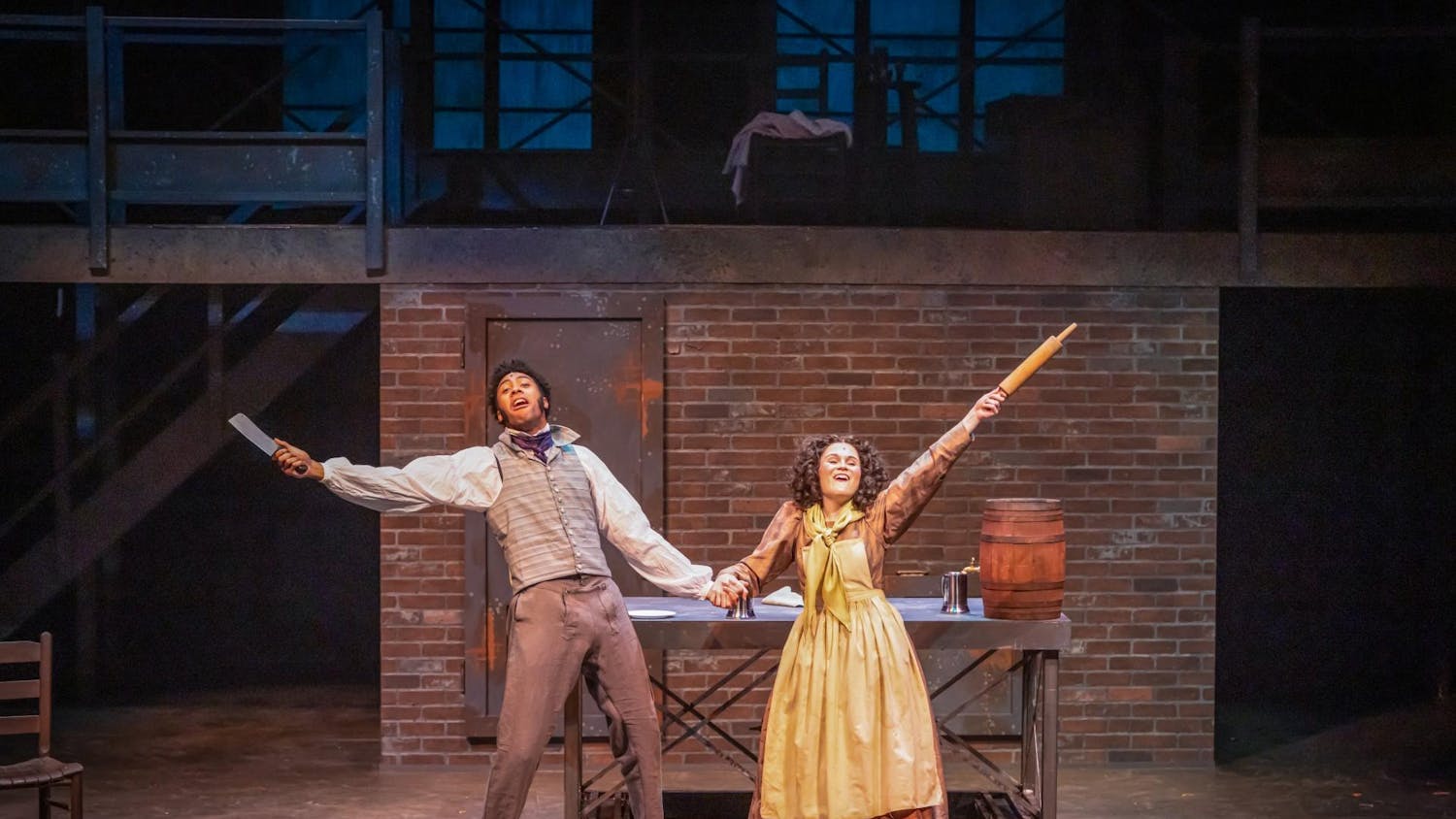In late October 1990, Auburn’s SGA finally removed an antiquated policy that had prevented Auburn’s Gay and Lesbian Association from receiving a long-sought-after probationary charter for official recognition on Auburn’s campus.
Seemingly a small addition to Auburn’s long list of student organizations — especially considering the small nature of the group — the new status brought about some pushback from some students in the short term, but the decision led to massive backlash from student leaders and controversy that reached the national spotlight in the years to come.
A year after AGLA received its probationary charter and nearly a decade after the University of Alabama went through its own turbulent period in bringing a student organization for the LGBTQ community to campus, Auburn’s SGA President Jon Waggoner vocally opposed extending AGLA’s status as a permanent student organization.
“Sexual orientation was not a basis for an organization, and more than that, sexual activity that is against the law was not a basis for an organization,” Waggoner said in a clip that went viral in the ‘90s. “We don’t have a murder society. We don’t have a pedophile society.”
Waggoner, who currently serves as Secretary to the Board of Trustees at Auburn, has since publicly expressed regret for his views and personally apologized to prominent leaders of AGLA.
However, even though it is now viewed by Auburn’s modern-day SGA as a colossal screwup on the part of the University, at the time this became a rallying point for many students and members of the Auburn community to display homophobia and show off some of the more appalling parts of Auburn’s cultural climate and history.
In light of the 30th anniversary of AGLA — now known as Spectrum: Auburn’s Gay Straight Alliance — receiving the first official recognition of a LGBTQ presence on campus and this month being LGBTQ History Month, it’s incumbent upon the University and every member of the Auburn Family to do everything in their power to recognize our fraught history and affirm ourselves in our mission to create a more equitable University.
Although the level of controversy that was caused by the mere existence of an LGBTQ group on campus may seem like a relic of a different time, recent events demand a reevaluation of the University’s values and a social reckoning for the Auburn Family.
Last year, an investigative story by The Plainsman revealed public Facebook posts made by Bruce Murray, a professor with tenure in the college of education, that were perceieved to be homophobic and transphobic. These posts led to larger discussion about the campus climate for the LGBTQ community as a whole.
In the weeks that followed the publication of the story, many members of the Auburn campus and community wrote letters about the reality of the environment at a University that brands itself as diverse and inclusive.
Auburn responded to the story with a vague statement on Murray’s remarks. The University later made a more substantive response, after pressure from students, faculty and staff at Auburn.
Contrast this with how the University handled social-media posts made by an incoming English instructor. In May, Jesse Goldberg tweeted upon his news of hiring at Auburn that he would not be saying “War Eagle” because of his pacifist views.
Auburn community members, alumni and others got on Twitter to let Goldberg know they felt his opinions were an afront to everything that is Auburn.
Later that summer, there was frenzy when Goldberg said the only ethical decision police officers could make at this time is to resign from their duties in the midst of a broader national discussion on social justice.
The tweet saw an onslaught of online hate messages and threats of violence, as well as calls for Goldberg’s firing, even garnering a tweet from Donald Trump Jr., the son of the president of the United States.
Unlike Auburn’s vague response for Murray’s posts, Goldberg received quick and harsh condemnation from the University. In the first public comments by AuWburn, University officials told WRBL that the tweet was hate speech and simply wrong.
The University dialed back some of the language in their comments on the matter in subsequent statements, but the University’s approach to the situation was completely unrecognizable compared to how it handled Murray’s posts.
Last December, Auburn announced it was taking steps in the coming months to address concerns for the LGBTQ community in Auburn, including developing LGBTQ-focused education and training, implementing a preferred name and pronoun functionality within the banner system and expanding LGBTQ support services.
However, there are still many institutional barriers of oppression that exist throughout Auburn’s campus. There is still no dedicated space for the LGBTQ community on campus, no pride center, no LGBTQ resource center and no full-time staff member to help students within the community navigate what can be an extremely tumultuous time for LGBTQ people in Auburn.
There is still a need to address systemic issues at Auburn.
Gerda Zinner, who received a master’s degree in history from Auburn and went by Max at the time, eloquently wrote about this in their thesis.
“There is an important distinction between legal rights and social realities, as they relate to marginalized populations, such as the queer community,” they said.
Possibly even more concerning is Auburn’s consistent reputation and ranking as one of the least welcoming and friendly campuses for the LGBTQ community by The Princeton Review. The Princeton Review has no relation to Princeton University in any way.
For the better part of the last decade, Auburn has been ranked as one of the 10 least LGBT-friendly campuses across the country by the higher-education publication. While the University also consistently receives high marks for its student happiness in the annual rankings, student responses that determine the rankings show that our enjoyable and enriching college experience is often reserved only for the straight, cis, white majority at Auburn.
Zinner, who spent nearly a decade as a student at Auburn for undergraduate and graduate studies, believes Auburn has undoubtedly come a long way from where it once was when the sitting SGA president could be seen on national TV spouting homophobic views. But she still believes Auburn has a long way to go, and the perpetual lack of responsiveness and ability to progress toward a more equitable university is disheartening.
“I saw a couple different cycles of ‘Oh, we’re going to really talk about diversity,’ and one wants to be optimistic, but it’s also concerning because you see similar cycles repeating themselves: there’s a crisis, there’s an issue, there seems to be increased discussion, but then that push for change falls by the wayside,” she said.
So, as we look back on some of the more regrettable parts of Auburn’s past during LGBTQ History Month, let’s do all we can to ensure the University effects substantive, institutional reform. Moreover, as members of the Auburn Family, let’s hold one another accountable in our mission to strive for the betterment of all and the creation a just society.
Do you like this story? The Plainsman doesn't accept money from tuition or student fees, and we don't charge a subscription fee. But you can donate to support The Plainsman.





